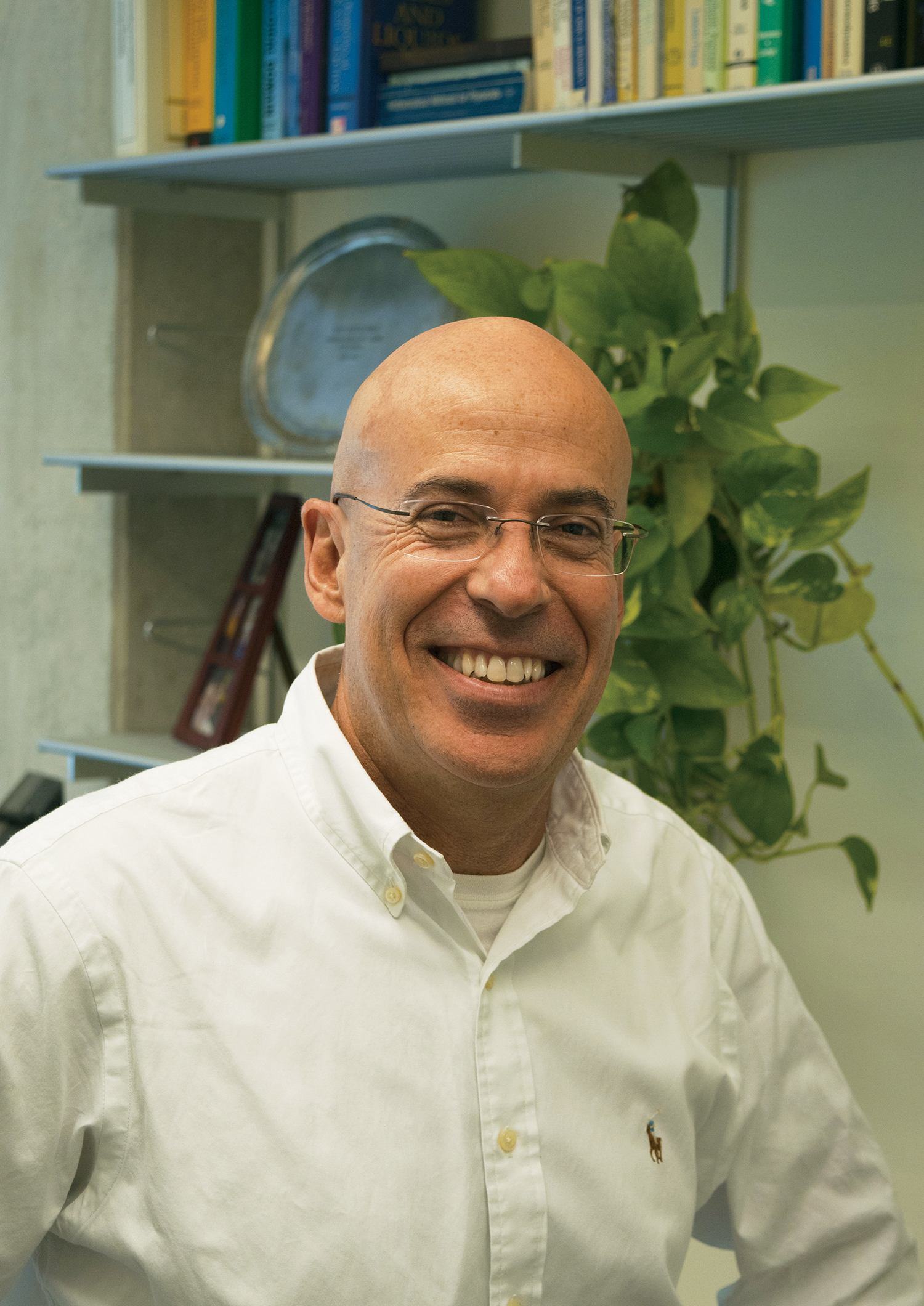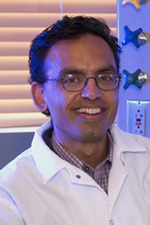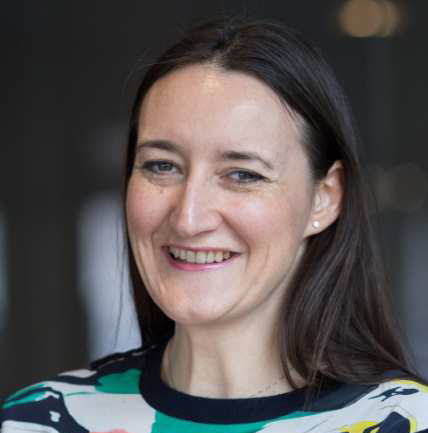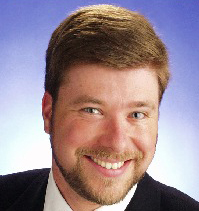We are delighted to announce that Professor Claire Adjiman (Imperial College London, UK) has been appointed as the new Editor-in-Chief for MSDE. Furthermore, we are pleased that Claire will be joined by Professor Andrew Ferguson (University of Chicago, USA) as Deputy Editor-in-Chief for the journal.
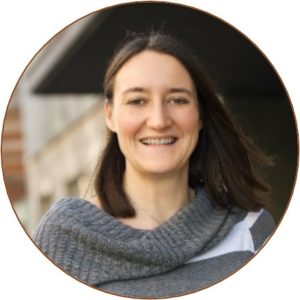 Claire Adjiman, MSDE Editor-in-Chief
Claire Adjiman, MSDE Editor-in-Chief
Claire Adjiman is Professor of Chemical Engineering at Imperial College London. Her research is focused on multiscale process and molecular/materials design, including the development of design methods, property prediction techniques and optimisation algorithms. She is a Fellow of the Royal Academy of Engineering, an International Honorary Member of the American Academy of Arts and Sciences and of the US National Academy of Engineering as well as a Fellow of IChemE and the RSC. At Imperial College London, she was a Founding Co-Director of the Institute for Molecular Science and Engineering and is Director of the Centre for Process Systems Engineering.
“The MSDE proposition, at the crossroads between pressing societal needs and emerging scientific innovation, is timely and compelling. The journal excels at bringing together researchers across often disparate fields of research to form a “molecular systems design community”.” – Claire Adjiman
 Andrew Ferguson, MSDE Deputy Editor-in-Chief
Andrew Ferguson, MSDE Deputy Editor-in-Chief
Andrew Ferguson is an Associate Professor at the Pritzker School of Molecular Engineering at the University of Chicago. His research uses molecular simulation, statistical thermodynamics, and machine learning to understand and engineer self-assembling and biomolecular materials. Ferguson is the recipient of a 2020 Dreyfus Foundation Award for Machine Learning in the Chemical Sciences and Engineering and a 2018/19 Junior Moulton Medal of the Institution of Chemical Engineers.
“I feel privileged to work with the RSC, IChemE, Claire and the MSDE board and Editorial office to collaboratively steward the journal to continued future success.”
– Andrew Ferguson
We would like to take this opportunity to thank our founding Editorial Board Chair Professor Juan de Pablo for his 8 years of service to the journal and wider molecular engineering community.
———-
Interested to find out more about Claire and Andy’s latest research? Check out their recent papers published in RSC journals, all available to read for free either Open Access or until July 31st:
Computational design of self-assembling peptide chassis materials for synthetic cells
Mol. Syst. Des. Eng., 2023, 8, 39-52
Ma, Rohan Kapoor, Bineet Sharma, Allen P. Liu and Andrew L. Ferguson*
Beyond a heuristic analysis: integration of process and working-fluid design for organic Rankine cycles
Mol. Syst. Des. Eng., 2020, 5, 493-510
David H. Bowskill, Uku Erik Tropp, Smitha Gopinath, George Jackson, Amparo Galindo and Claire S. Adjiman*
Understanding and design of non-conservative optical matter systems using Markov state models
Mol. Syst. Des. Eng., 2022, 7, 1228-1238
Shiqi Chen, John A. Parker, Curtis W. Peterson, Stuart A. Rice, Norbert F. Scherer* and Andrew L. Ferguson*
How many more polymorphs of ROY remain undiscovered
Chem. Sci., 2022, 13, 1288-1297
Gregory J. O. Beran*, Isaac J. Sugden, Chandler Greenwell, David H. Bowskill, Constantinos C. Pantelides and Claire S. Adjiman
Data-driven discovery of cardiolipin-selective small molecules by computational active learning
Chem. Sci., 2022, 13, 4498
Bernadette Mohr, Kirill Shmilovich, Isabel S. Kleinwachter, Dirk Schneider, Andrew L. Ferguson* and Tristan Bereau*
——
Please join us in welcoming Claire and Andrew as they lead the journal to continued success, as well as in thanking Juan for his critical role in establishing MSDE as the journal of the molecular engineering community.
To keep up to date with the latest molecular engineering research and other journal news, sign up to our e-alerts.
Meet the MSDE Editorial Board














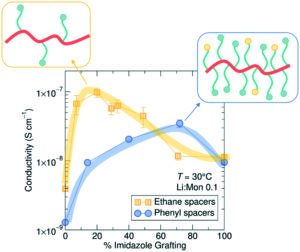
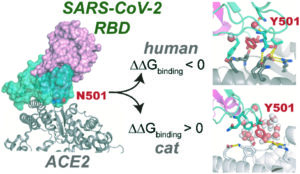
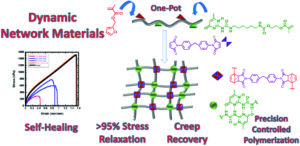
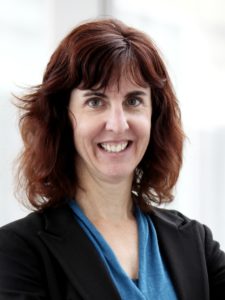

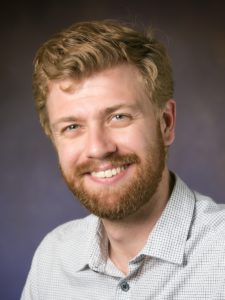
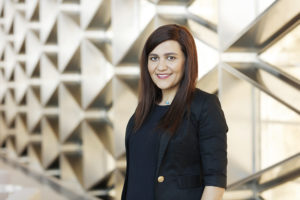
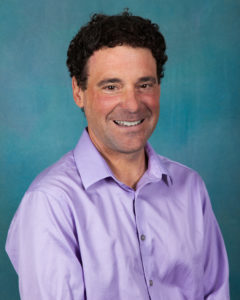 Patrick Stayton serves as Distinguished Career Professor in the Department of Bioengineering at the University of Washington. He is the founding Director of the Institute for Molecular Engineering and Sciences.
Patrick Stayton serves as Distinguished Career Professor in the Department of Bioengineering at the University of Washington. He is the founding Director of the Institute for Molecular Engineering and Sciences.

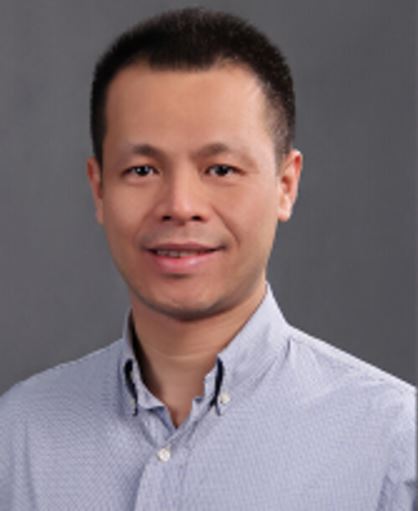 We are delighted to welcome Professor
We are delighted to welcome Professor 